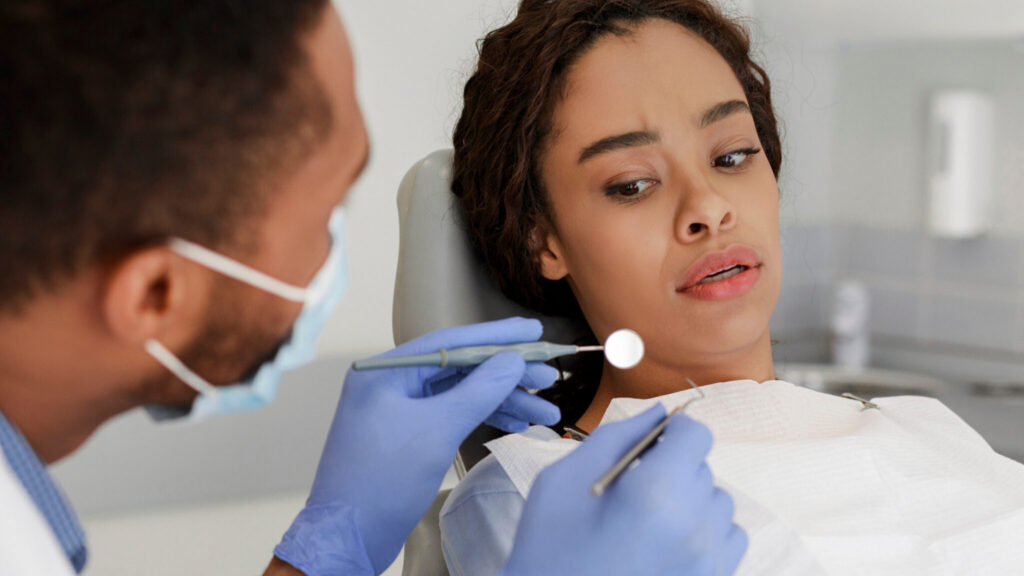
Nearly three out of four American adults fear going to the dentist, according to new research from the NYU College of Dentistry.
Earlier studies, conducted decades ago, estimated that just over a quarter of the U.S. population experienced dental anxiety. The new study, published in the Journal of the American Dental Association (JADA) on Tuesday, shows the problem is far more widespread today.
Researchers surveyed 1,003 adults representative of the U.S. population by age, gender, race, education, region and household income. They found:
- 72.6 per cent reported some level of dental fear
- 45.8 per cent said they have moderate fear
- 26.8 per cent reported severe fear
Related: Psychology of the dental chair: Rewriting the dental experience
Related: Practical Considerations for Treating the Anxious Dental Patient
Most patients want help to overcome fear
When asked if they would be interested in a free, at-home treatment for dental fear, 71.2 per cent of those with moderate or severe fear said yes. Those who declined often questioned the treatment’s effectiveness, felt satisfied with their current coping strategies or cited time concerns.
“While dental fear is highly treatable, few professionals have received relevant training or offer treatment. Brief, virtual dental fear treatments using apps and telehealth have the potential to reach many people, regardless of where they live,” said Richard Heyman, professor at the NYU Dentistry Center for Oral Health Policy and Management and co-director of the Family Translational Research Group.
Digital solutions: the Dental FearLess app
Heyman and colleagues have developed a program called Dental FearLess, which combines an app with optional one-on-one telehealth sessions. The program uses principles of cognitive behavioural therapy and mindfulness.
In a pilot study, half of participants reported they were no longer fearful after completing the program. Clinical trials are ongoing.
“While the widespread prevalence of dental fear suggests it may actually be growing in the general population, we are making progress in expanding access to treatment,” Heyman said.
Looking at childhood memories
The NYU team is also exploring how negative childhood memories contribute to dental fear. Past studies show more than half of people with severe dental anxiety link it to painful or distressing dental visits as children or adolescents. Researchers are now analyzing parent and child reflections on dental experiences to better understand how these memories shape lifelong attitudes toward oral health.

